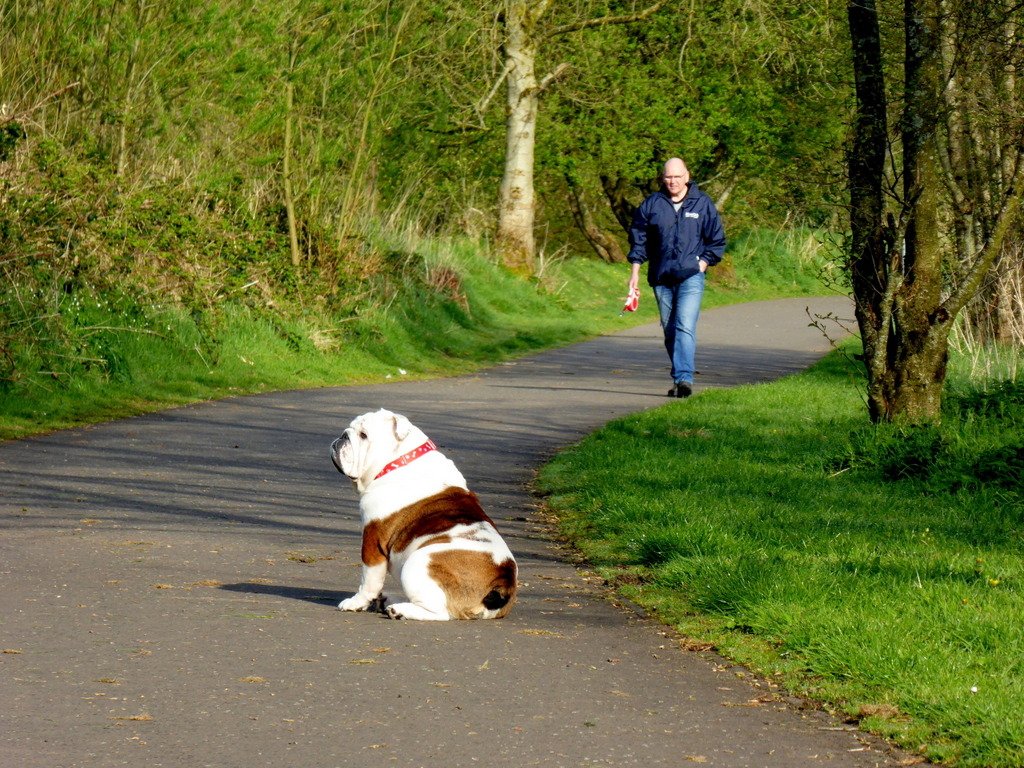Dogs are known for their unwavering loyalty and affection towards their human companions. However, just like humans, dogs can also experience jealousy. While we often overlook these signs, understanding them can deepen the bond with our furry friends. This article delves into the subtle and not-so-subtle signs of jealousy in dogs, helping you recognize when your canine companion is craving more of your attention and love.
Snapping and Growling
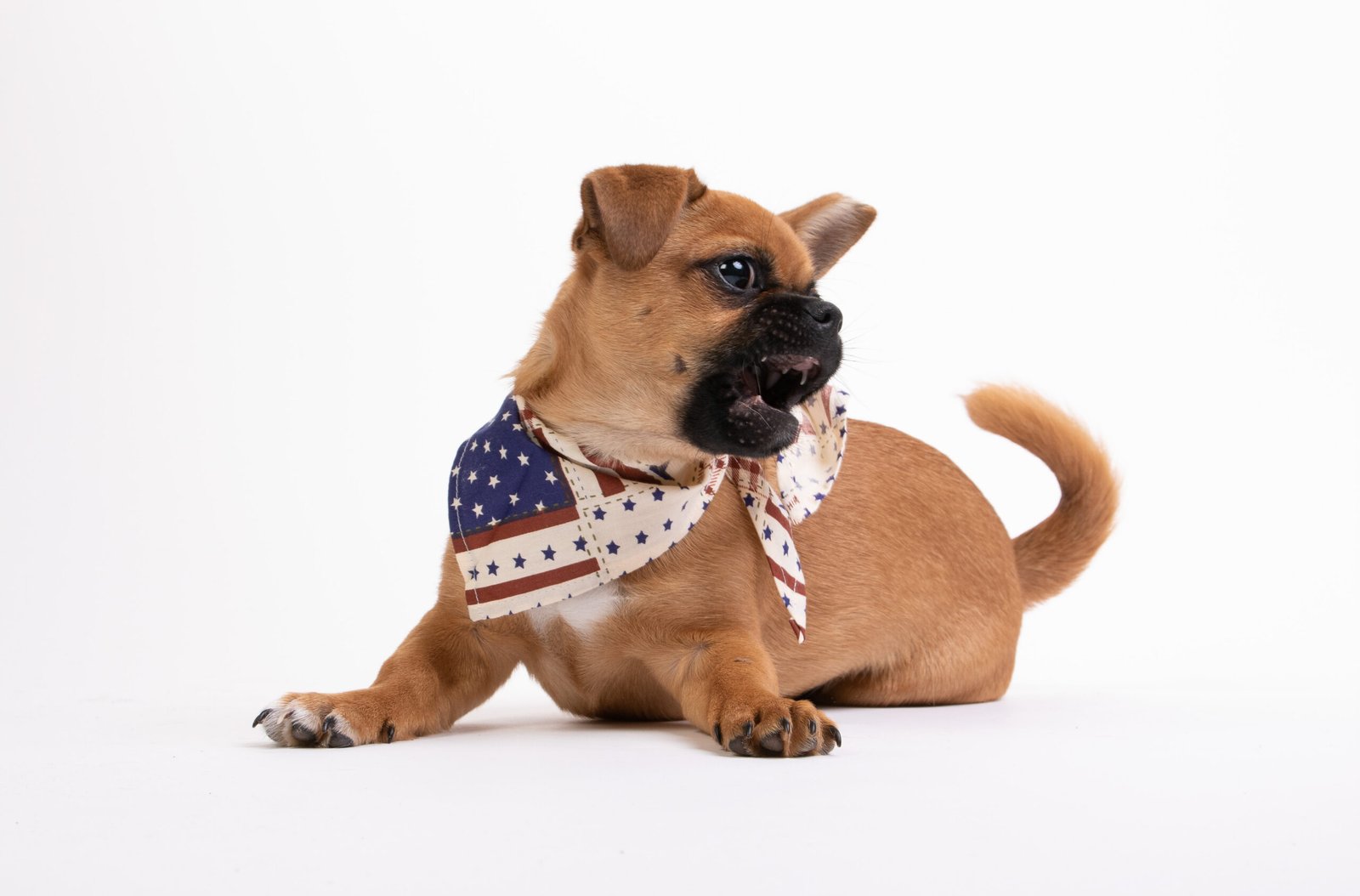
One of the more obvious signs of jealousy in dogs is when they start snapping or growling, especially when another pet or person is receiving your attention. This behavior can be likened to a child throwing a tantrum when their sibling receives more attention. It’s their way of saying, “Hey, don’t forget about me!” While this can be alarming, it’s important to remember that this is your dog’s way of expressing their feelings. Addressing the root cause and reassuring your dog of your love can help alleviate this behavior.
Destructive Behavior
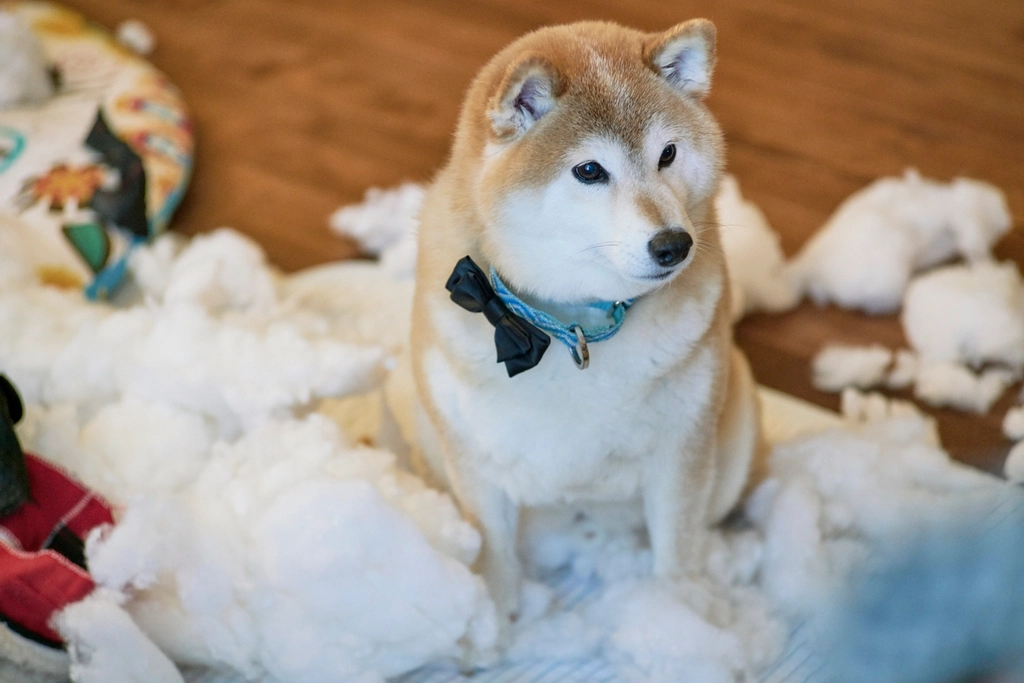
Destructive behavior such as chewing furniture, tearing up pillows, or knocking over trash cans can be a sign of jealousy. When dogs feel left out, they might act out in ways that are sure to grab your attention, even if it means getting into trouble. Think of it as a mischievous child trying to get noticed. Dogs often resort to this behavior when they feel neglected or when a new pet or person enters the household. Ensuring they have enough mental and physical stimulation can help curb this destructive tendency.
Excessive Barking
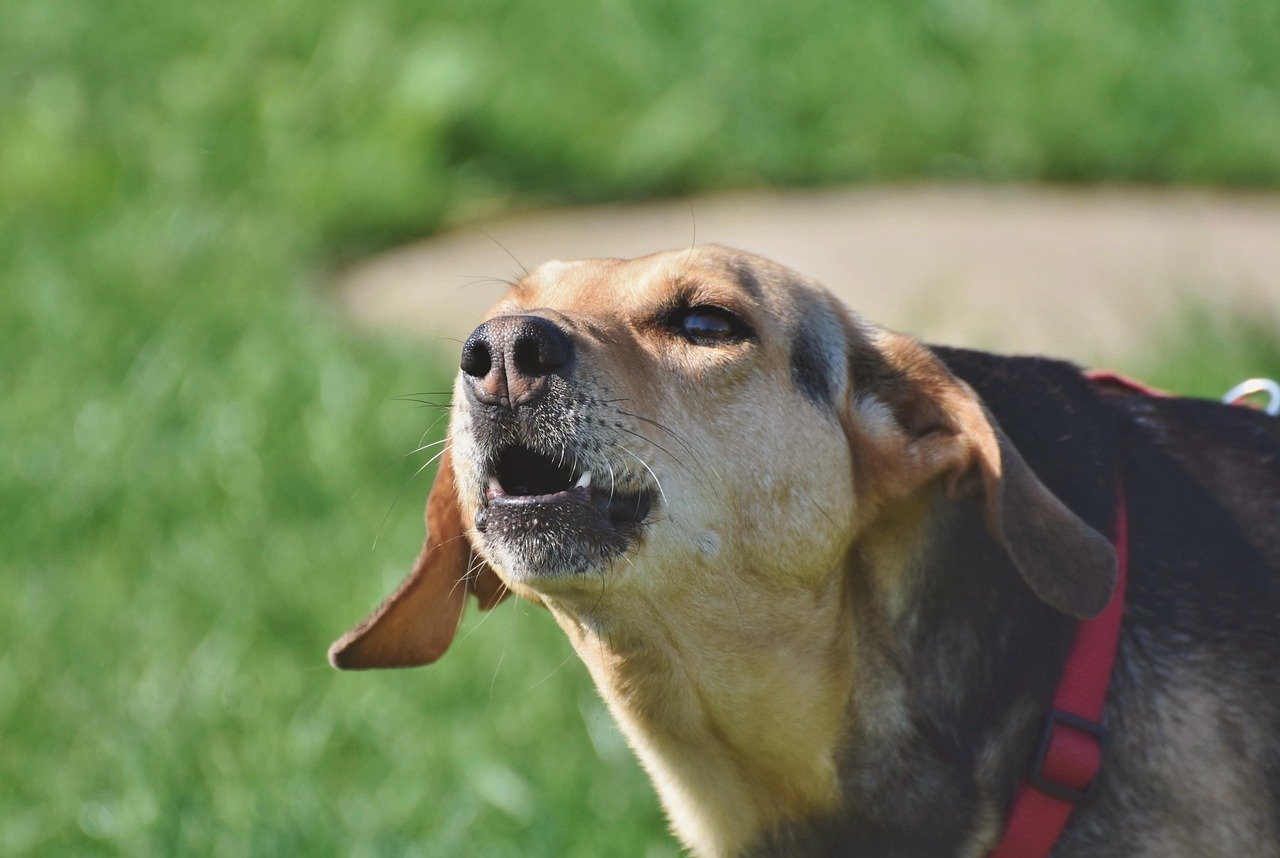
Dogs use barking as a primary form of communication, and excessive barking can be a sign of jealousy. If your dog starts barking more than usual when you’re giving attention to another pet or person, it might be their way of voicing their displeasure. It’s like they’re trying to remind you of their presence. This behavior can be managed by acknowledging your dog’s feelings and providing them with reassurance and engagement.
Pawing and Nudging
Ever noticed your dog nudging you with their nose or pawing at you when you’re busy with someone else? This gentle form of interruption is a clear sign that your dog is feeling left out. It’s a polite reminder from them saying, “Hey, I’m here too!” This behavior is their way of seeking your attention and can be easily addressed by taking a moment to give them some love and affection.
Clinginess
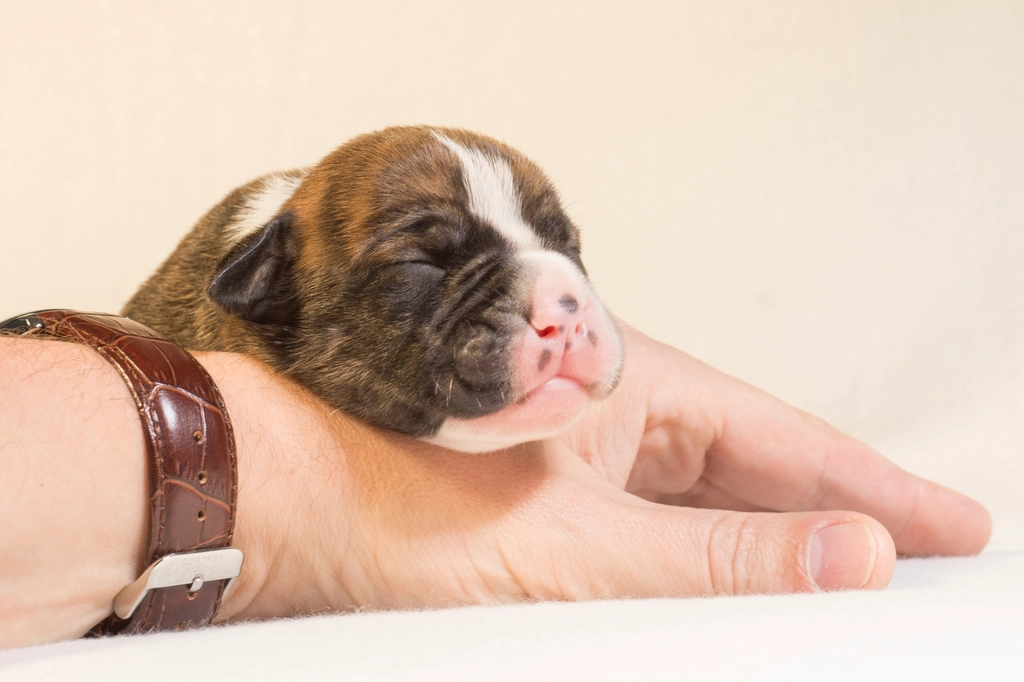
If your dog suddenly becomes more clingy than usual, following you from room to room, it could be a sign of jealousy. This behavior is comparable to a child holding onto a parent’s leg, not wanting to be left out. They want to ensure they are not missing out on any of your affection. By understanding this behavior, you can reassure your dog with extra cuddles and quality time.
Ignoring Commands
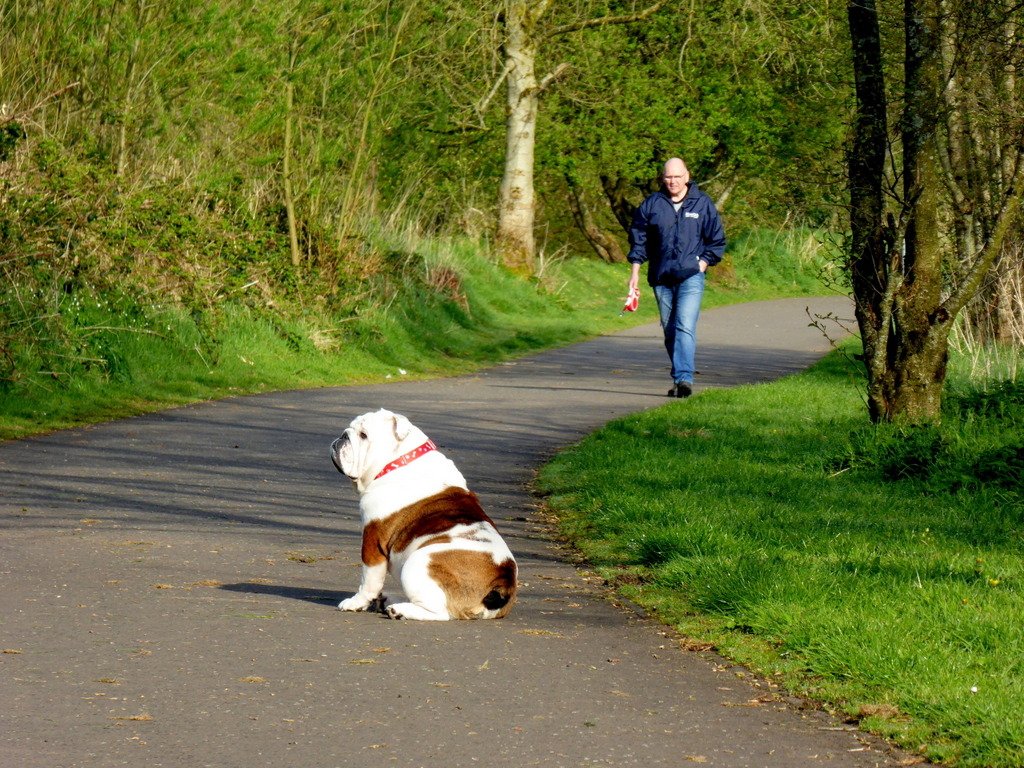
A once obedient dog that suddenly starts ignoring commands might be trying to tell you something. Dogs can become stubborn when they feel jealous, as a way to express their discontent. It’s their equivalent of giving you the silent treatment. By reinforcing positive behavior and maintaining a routine, you can address this issue and reassure your dog of their place in your heart.
Whining and Whimpering

Whining or whimpering can be signs of distress in dogs, and jealousy can sometimes be the root cause. Just like a child who cries when they feel left out, dogs can express their feelings vocally. It’s crucial to listen to these cues and provide them with comfort and assurance. Engaging them in activities or spending quality time can help alleviate their feelings of jealousy.
Stealing Attention
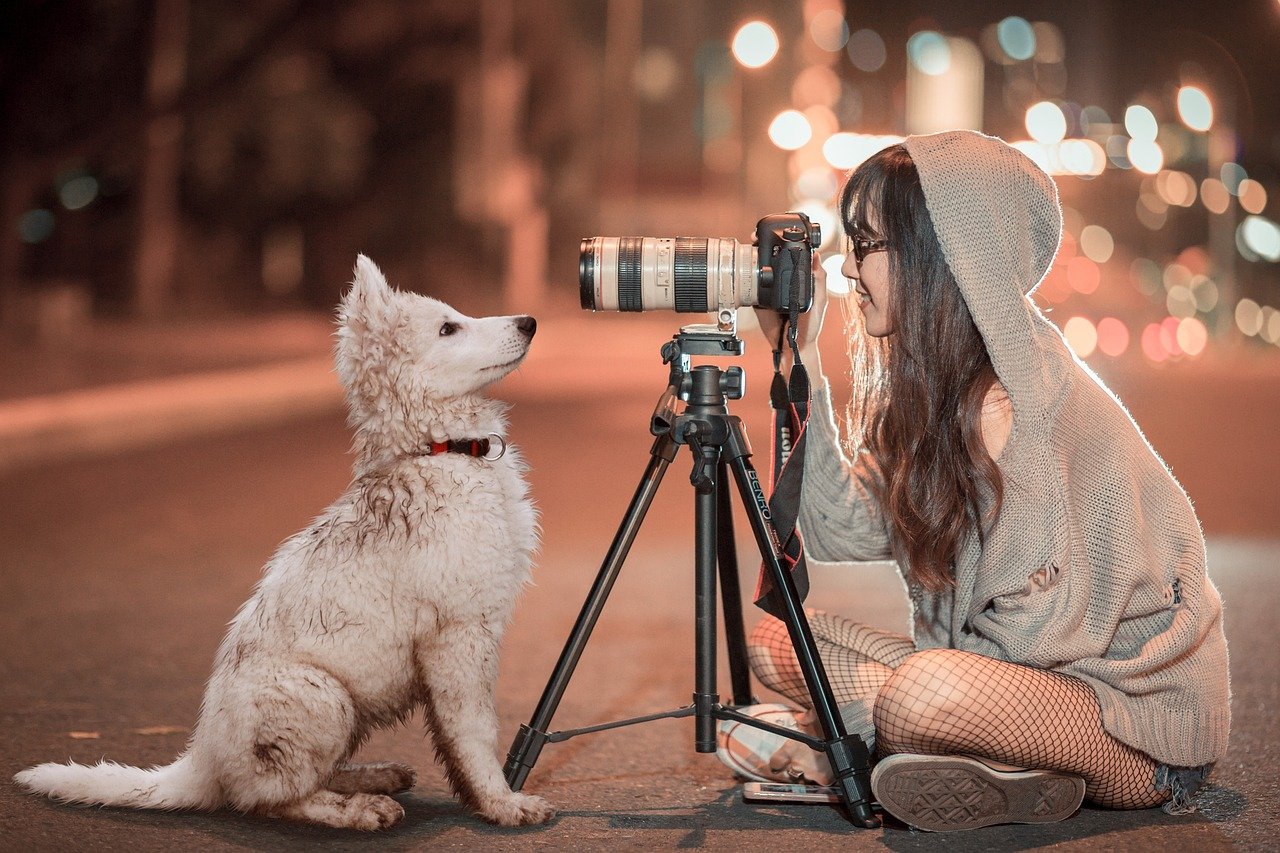
If your dog suddenly becomes the center of attention, whether by jumping into your lap or interrupting interactions with others, it’s a clear sign they want all your love. This behavior is their way of ensuring they are not forgotten. By giving them dedicated attention and involving them in activities, you can help them feel more secure and less jealous.
Body Blocking
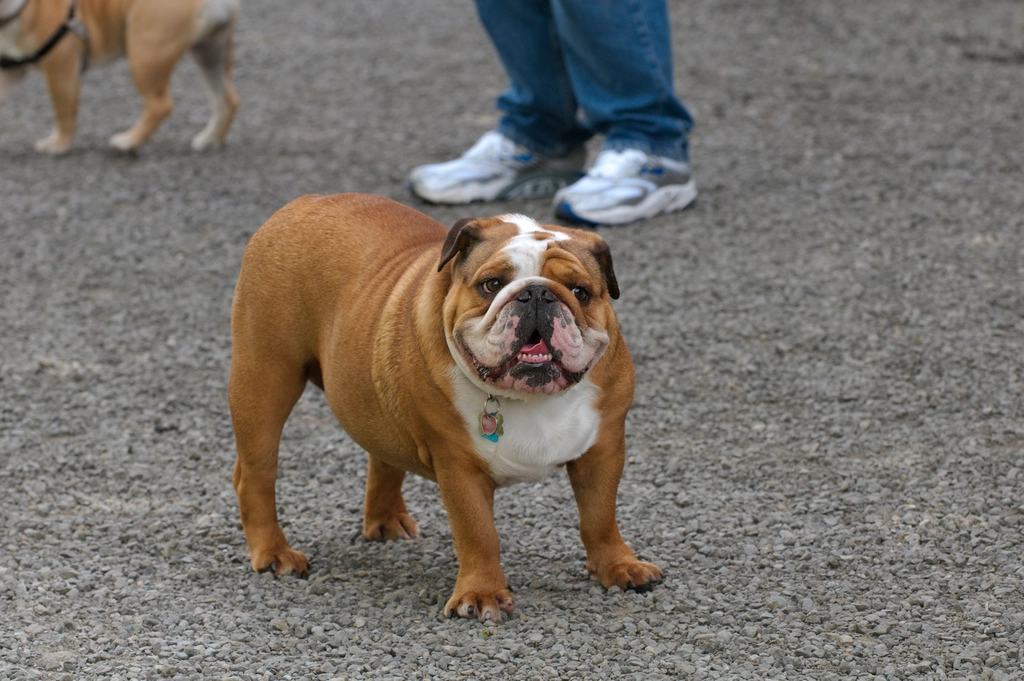
Body blocking is when your dog physically positions themselves between you and the object of their jealousy. It’s their way of saying, “I want to be your priority.” This behavior can be managed by acknowledging their feelings and ensuring they feel included in your interactions. By doing so, you reinforce their sense of belonging and reduce their need to compete for your affection.
Loss of Appetite

A sudden change in eating habits, such as a loss of appetite, can be a subtle sign of jealousy. When dogs feel neglected or envious, they might lose interest in food, similar to how humans might lose their appetite when stressed or upset. Ensuring they have a consistent routine and providing them with reassurance can help address this issue and restore their normal eating habits.
In understanding these signs of jealousy, dog owners can better cater to their pet’s emotional needs, ensuring a harmonious and loving relationship. Recognizing and addressing these behaviors can foster a deeper bond, making your dog feel cherished and secure.

Linnea is a born and bred Swede but spends as much time as possible in Cape Town, South Africa. This is mainly due to Cape Town’s extraordinary scenery, wildlife, and atmosphere (in other words, because Cape Town is heaven on earth.) That being said, Sweden’s majestic forests forever hold a special place in her heart. Linnea spends as much time as she can close to the ocean collecting sea shells or in the park admiring puppies.

